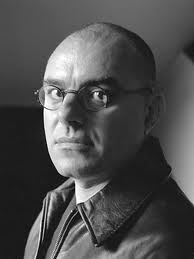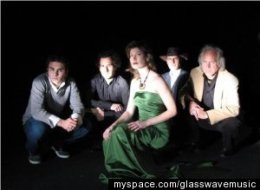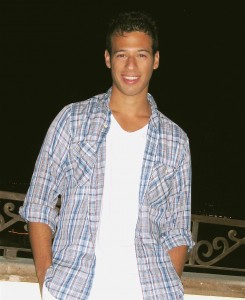That Tar-Black Taste: An Interview with Vladislav Todorov
by Steven Wingate
Where do film noir, post-communist Bulgarian fiction, and black comedy intersect? In Vladislav Todorov’s searing noir-meets-social-commentary novel, Zift. Contributing Editor Steven Wingate and Todorov discuss poisonings, the resurgence of narrative fiction in post-communist Eastern Europe, the idea that “many people enjoyed spying on their neighbors” for the state, and much more.



























